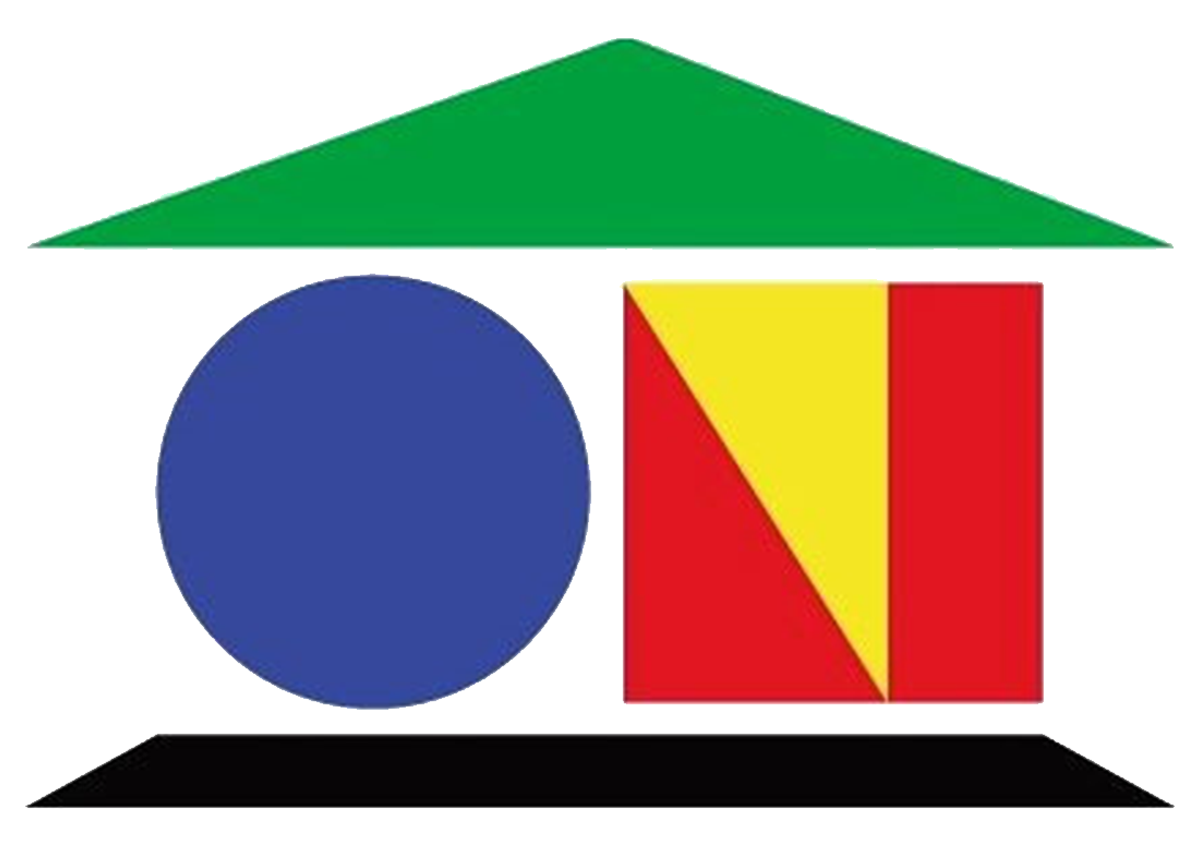At Orleans/Niagara BOCES Speech-Language Pathologists (SLP) assess and treat speech and language disorders that impact a student's ability to access the general education curriculum. SLPs play a vital role by addressing communication needs that impact learning and social interaction, helping ensure every student is engaged, supported, and empowered to succeed. Within our organization, they work with school age students K-12, and may provide services in individual and group services utilizing a pull out or push in style. They are actively involved in identifying students with communication disorders and working collaboratively with teachers and parents to develop and follow the students’ Individualized Education Programs (IEPs) in order to support students' communication and learning.
Jill O’Neil, MA CCC-SLP, is one of our sixteen pathologists and she works at the North Tonawanda Learning Center. She has been a SLP for 25 years. “I graduated from UB with my masters in 2001 and started working for Niagara County Department of Health providing speech therapy services through the Early Intervention Program and Committee on Preschool Special Education. I worked there through 2008 and then went part-time while our boys were little, still providing home- and preschool-based services. When our youngest son started kindergarten, I went back to work full-time and was hired through Orleans/Niagara BOCES in 2018.”
Jill says she loves working with children and has always had an interest in special education. “I liked the idea of specializing in one aspect of child development. I received speech therapy in elementary school for an articulation delay and I loved my speech teacher! I went to shadow her when I was in college before I chose my major in Communication Disorders and Sciences. I love trying to help children learn to become better communicators. It's very rewarding to see the overall progress that students can make when they learn to 'use their words'.”
She says that what most people would find surprising about the role of a SLP in a school setting is that speech therapy is centered around articulation which is teaching children how to say specific sounds. “The field is actually very broad and encompasses various aspects of communication disorders, including comprehension and expression, spanning early childhood to late adulthood, from developmental delays to swallowing/feeding impairments to speech-language disabilities caused by stroke. My job as a speech-language pathologist is to support my students' access to their educational program and reach their communication goals. I am truly lucky to work alongside four amazing SLPs at North Tonawanda Learning Center! Together we strive to help our students understand and participate in their daily school routines and express their wants, needs, feelings and ideas!”
Speech-language pathologists (SLPs) are vital to the success of our educational system and are indispensable members of our team. Their support is crucial for many students, and without their expertise, some learners might struggle to reach their full academic potential or face significant challenges in school and the community.

